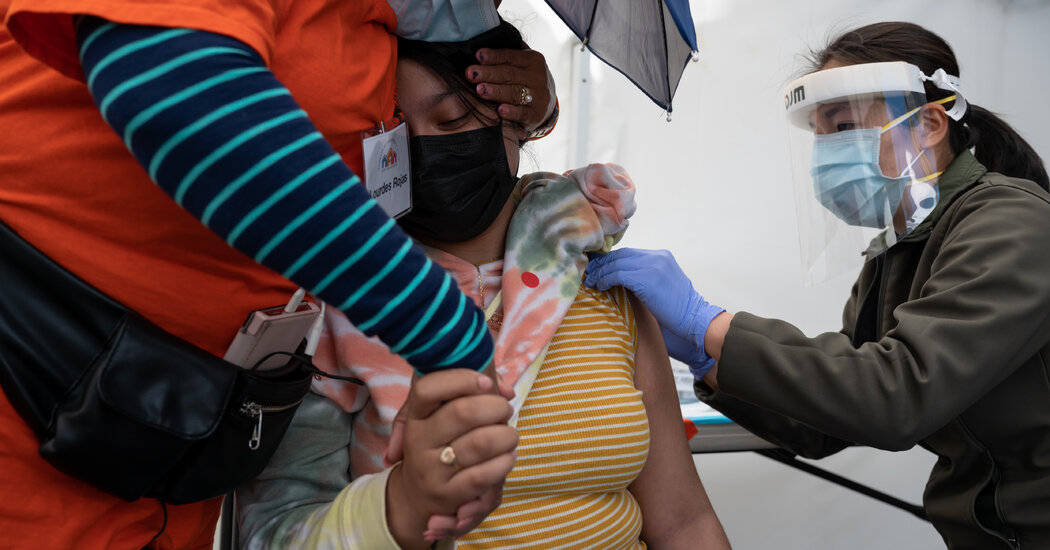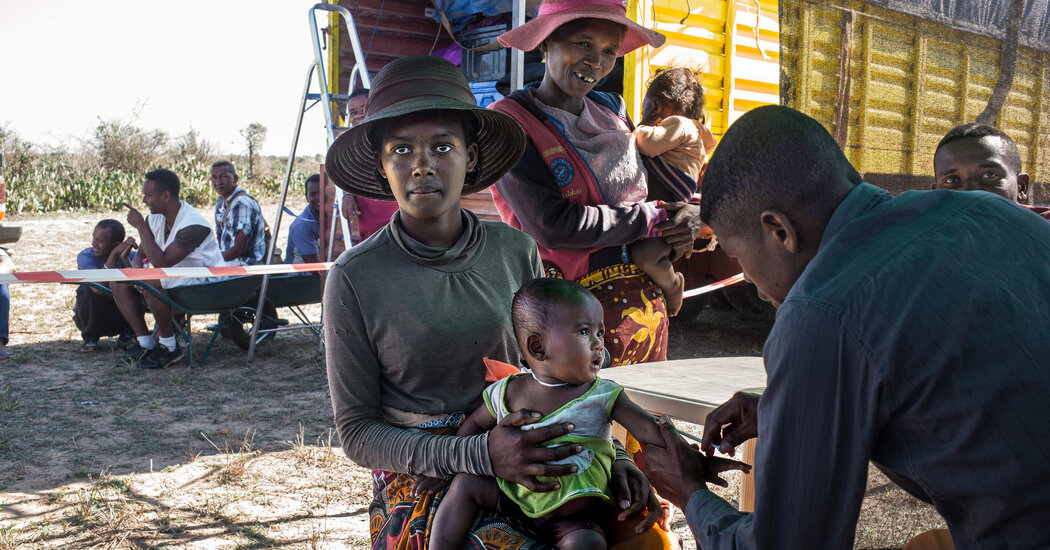‘Lurching Between Crisis and Complacency’: Was This Our Last Covid Surge?
After a brutal summer surge, driven by the highly contagious Delta variant, the coronavirus is again in retreat. The United States is recording roughly 90,000 new infections a day, down more than 40 percent since August. Hospitalizations and deaths are falling, too. The crisis is not over everywhere — the situation in Alaska is particularly…
Details







